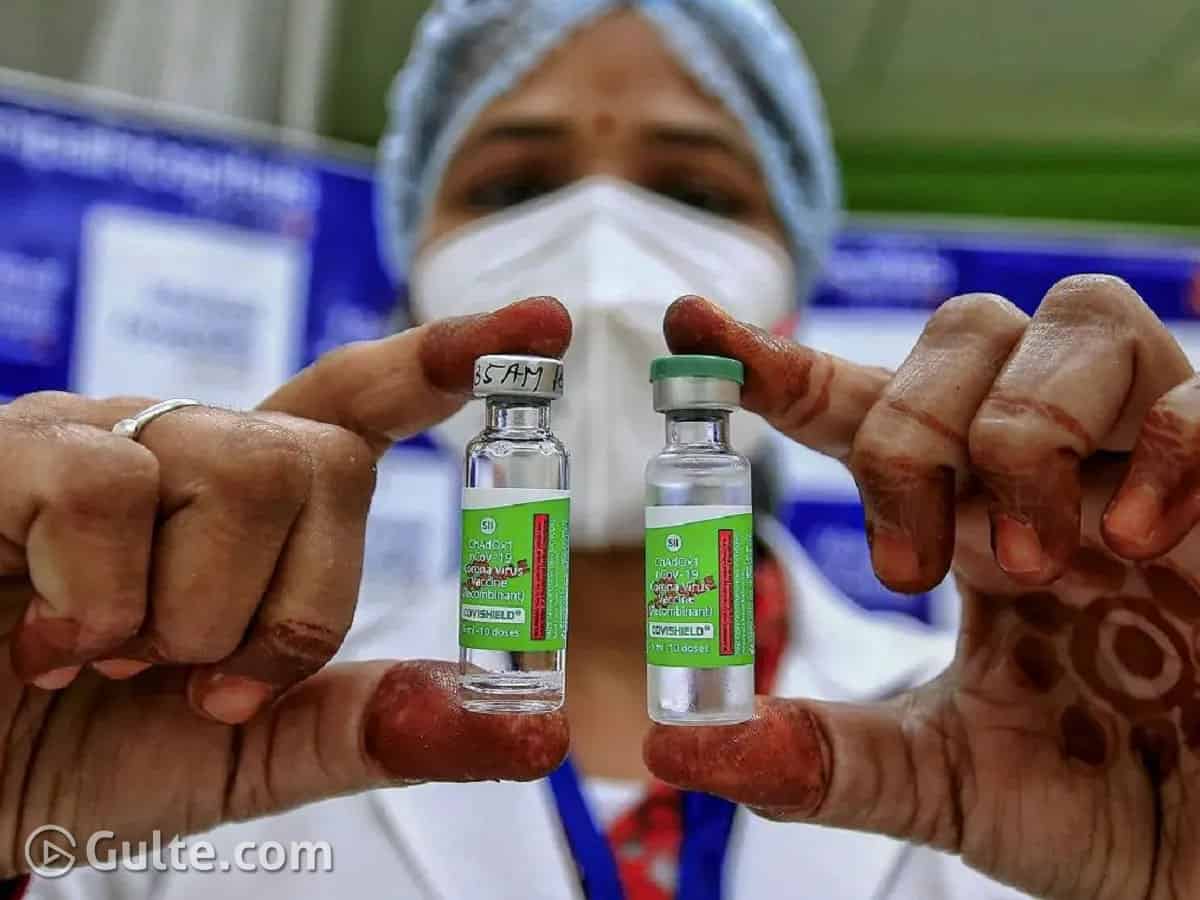

After four months into the Covid-19 vaccination drive, the government said on Thursday that the gap between the first and second doses of the Covishield vaccine has been increased from the existing 6-8 weeks to 12-16 weeks. Earlier, the gap was tweaked from 30 days to 6-8 weeks. Covishield is developed by AstraZeneca-Oxford University combine and manufactured by Pune-based Serum Institute of India.
On increasing the gap, the health ministry said that the move is being made after witnessing advantages and protection in the UK with increased gaps between shots. However, the gap with Covaxin dosage, from four to six weeks, remains uninterrupted. “Based on available real-life evidence, particularly from the United Kingdom, the COVID-19 Working Group has agreed to increase dosing interval between two doses of Covishield to 12-16 weeks. No change in intervals for Covaxin was recommended,” the government said in its statement.
The action of increasing gap comes at a time when many states are suffering from vaccine shortage with temporarily stalled 18-44 age group drive. The states have also been procuring vaccines from overseas manufacturers by floating global tendering. V K Paul, member-health, Niti Aayog, said that India will receive 2 billion vaccine supply doses from August to December through eight different candidates.
So far, the government has procured 356 million doses among which Covishield 276 million and Covaxin 80 million. Additionally, extra 160 million doses have been procured by states and private hospitals taking the total supply to 516 million. Adar Poonawalla, whose Serum Institute manufactures Covishield, told, “The gap is beneficial both from efficacy and immunogenicity standpoint… a good scientific decision to increase the gap.”
VK Paul, Niti Aayog said that the decision has been taken after consultation with experts including the World Health Organisation and Oxford University. But the Congress’ Jairam Ramesh tweeted: “First, it was four weeks for the second dose, then six-eight weeks and now we are told 12-16 weeks. Is this because there are not enough stocks of vaccines… or because professional scientific advice says so? Can we expect some transparency from the Modi government?”.
On contrary, Dr CN Ashwathnarayan, the Deputy Chief Minister of Karnataka tweeted as an indirect response to Mr Ramesh: “Extending the gap assists the government in carrying out the inoculation programme effectively. Many countries follow this practice. In Canada, the gap is three-four months. In the meantime, we are making all efforts to increase supply and explore local production options”.
This post was last modified on 14 May 2021 11:47 am
The government of Andhra Pradesh and in particular, IT Minister, Nara Lokesh took great pride…
Considering the kind of aggressive and dominating kind of cricket that Sunrisers Hyderabad have acclimated,…